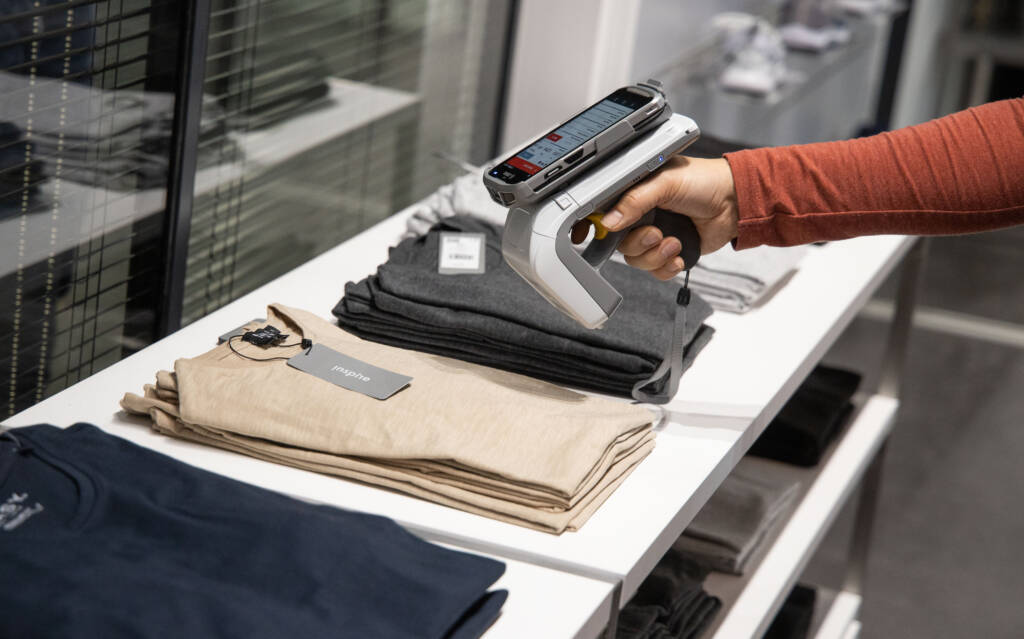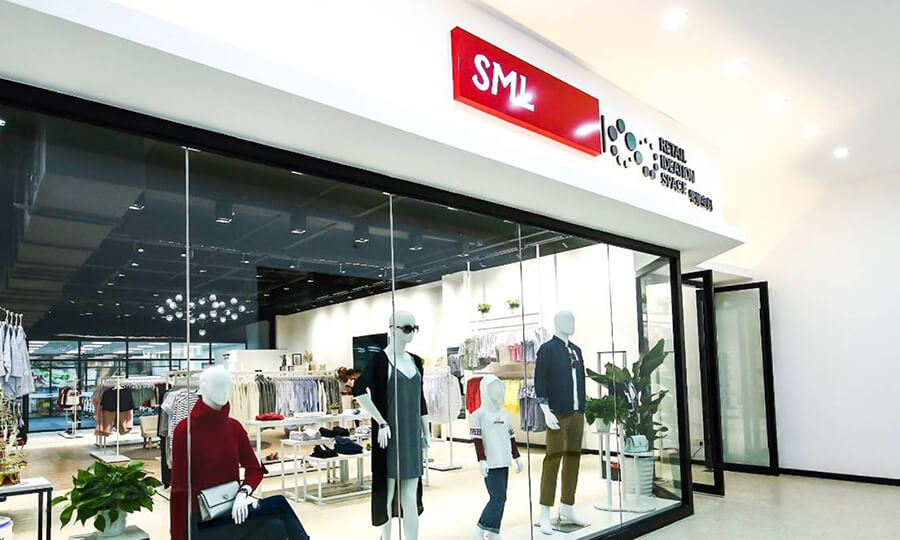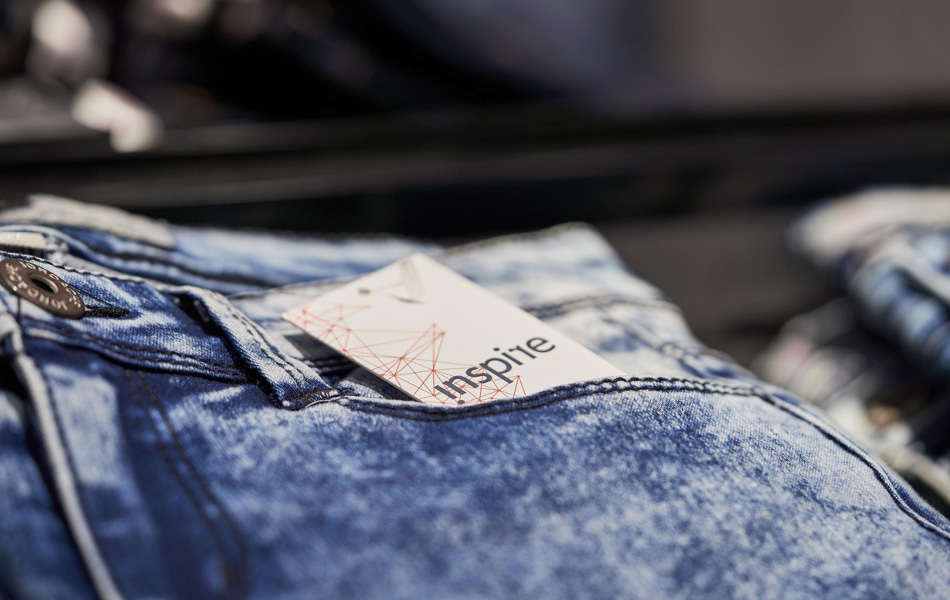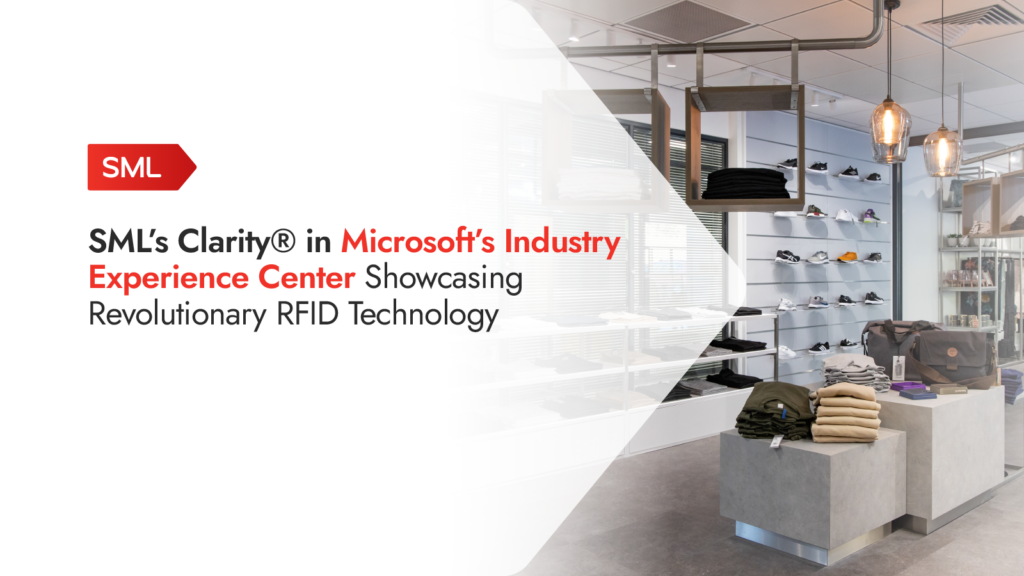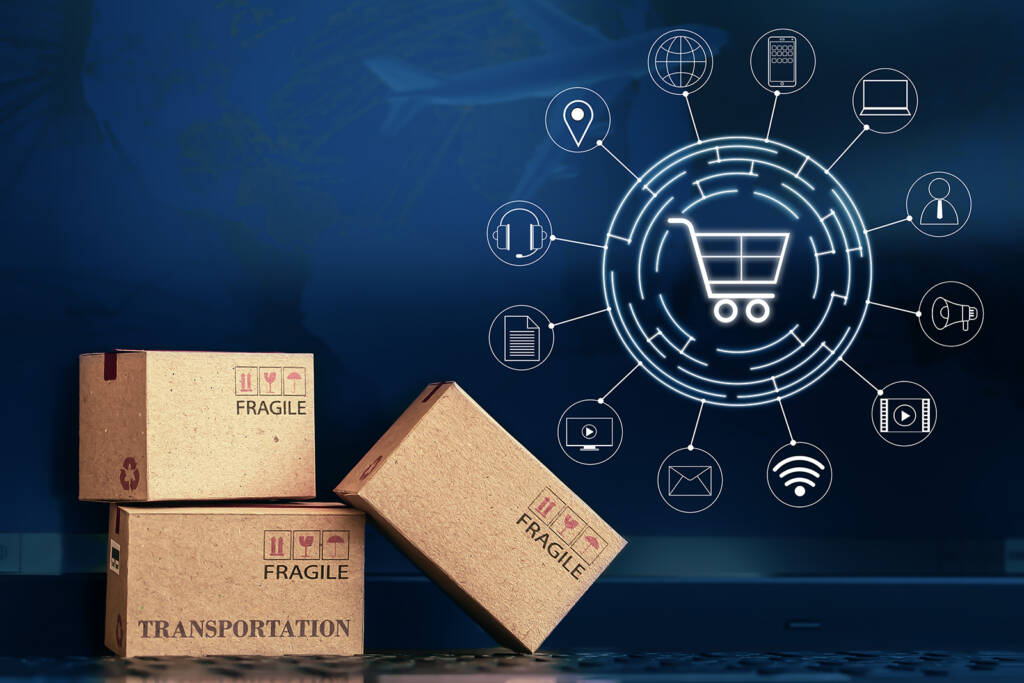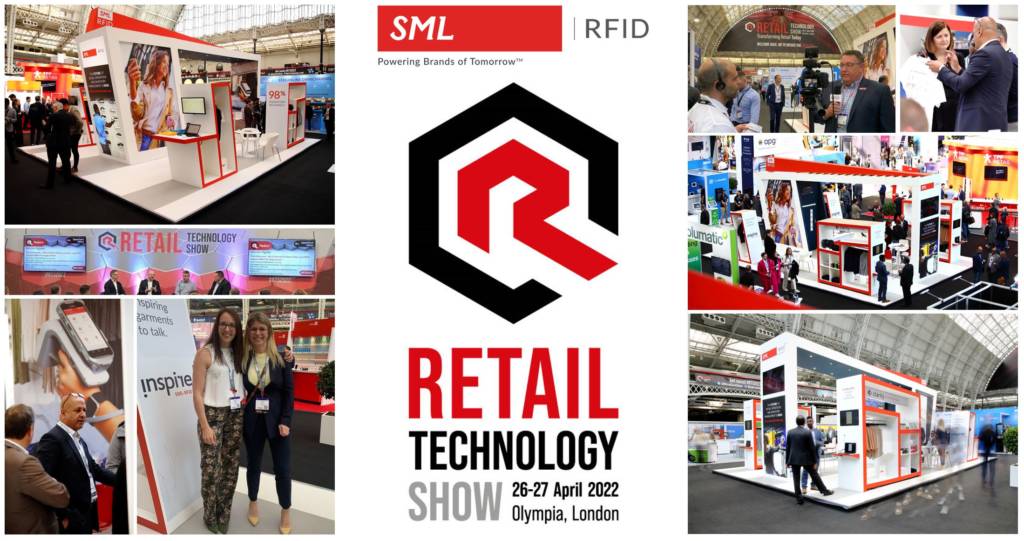Q&A with Dean Frew, Chief Technology Officer and Senior VP of RFID solutions at SML
Originally published on a1retailmagazine.com
It goes without saying that sustainability is a conversation many industries are having. In particular, the retail sector is making proactive changes in order to be more environmentally balanced. Customers are also becoming more conscious about where they make purchases with a lot of their decision making based on how their products are made and whether they are sustainably sourced. Therefore retailers needs to keep up with this change of mindset.
With environmental issues constantly challenging the living conditions of every species, SML recognizes the critical need to address this topic through the products they produce and the way in which it conducts business. As the full-service RFID solution provider and trusted partner to the world’s largest retailers and fashion brands, we understand that we have the opportunity to make a crucial contribution to sustainability in the retail sector.
What else do you think needs to be done to make the retail and supply chain more sustainable?
In addition to retailers making waves to become more environmentally friendly, suppliers throughout the supply chain need to be committed to change. As it is becoming more apparent how the supply chain can affect the environment, consumers are expecting their favourite brands and retailers to invest in becoming more sustainable. Recent advances in technology are enabling this transition, adding accuracy and transparency to the process. However, when becoming sustainable businesses need to take on an effective strategy to translate and resemble meaning behind the heavy numeric data, to maintain a strong sustainability plan.
With planned strategies and the right software, retailers will be able to prepare themselves with the appropriate tools to let them drive supply chain sustainability throughout the business.
One of the areas that is growing in relevance, is the impact that item-level RFID management software has on reducing inventory in retail supply chains and thus reducing manufacturing and transportation costs. We have seen numerous retailers reduce inventory levels by 10% and thus substantially reducing manufacturing material and transportation services.
SML recently launched its latest eco tags. What are the environmental advantages of these tags?
SML’s EcoInspire™ tags use environmentally friendly sources in manufacturing including discarded plastic bottles, recycled polyester, Forest Stewardship Council (FSC™) certified paper and organic cotton. In addition to sustainable sources, products are also designed with efficient product manufacturing processes that reduce waste, minimize resources and carbon footprint, resulting in compact, simplified products and packaging to maximize container storage and lower logistics costs. SML is not only reducing its environmental impact but also ensuring to operate in a more sustainable manner.
Do you see any challenges for mass adoption of the more sustainable RFID tags
The challenge lies within the decision makers of the retailers, using the tags for their products. The idea of replacing their existing tags to ones using more sustainable materials can seem daunting and costly. However, it is important to consider the long-term advantages that come with making the transition and how it reflects with their goals towards being more environmentally conscious.
Will sustainability be a core message for SML going forward?
As the entire industry innovates towards a more sustainable future, it’s important that retailers, suppliers and partners all work together in a cohesive attempt to reach a greener future. We understand the need for retailers and brand owners to reduce their carbon footprint by sourcing and producing renewable and recycled materials with a positive environmental impact.


